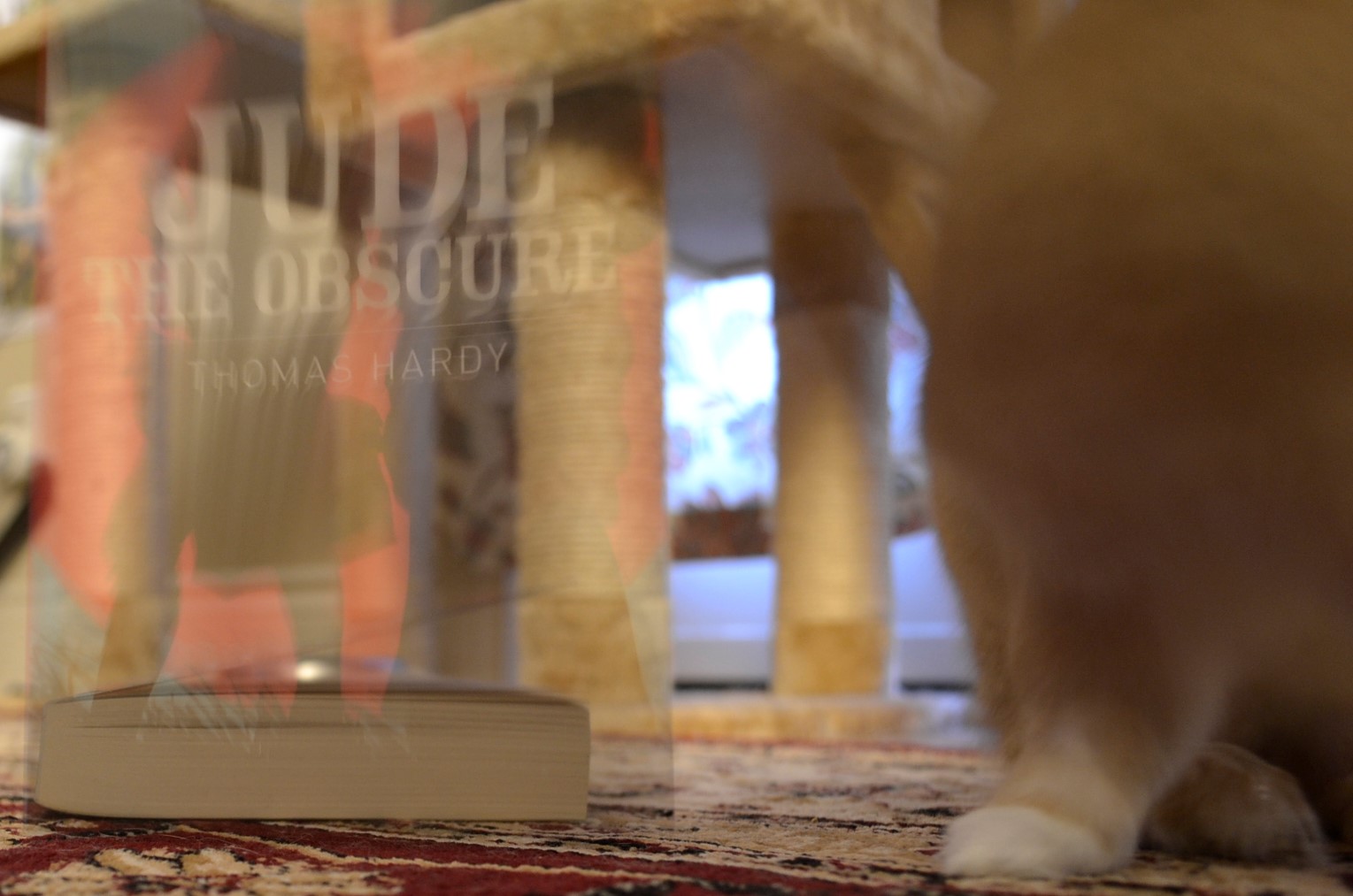They’ll Track You Down
Don’t ask me to repeat all of the speeches I heard at the convocation ceremony I attended when I received my Queen’s University degree over a decade ago. I’m sure they were moving, I’m sure I should have been inspired to embark on post-university life with the assurance that my education would always be a time I would look back on with pride, but I was tired and I was deeply depressed and even finishing four years of acute, intense stress felt stressful. I was in Grant Hall but my mind was at least a million years away.
But I do remember one thing. I remember the representative from the Alumni Association telling the graduates that there was one certainty in post-graduate life. That they would hunt us down and spam us with calls, mail, and an alumni magazine.
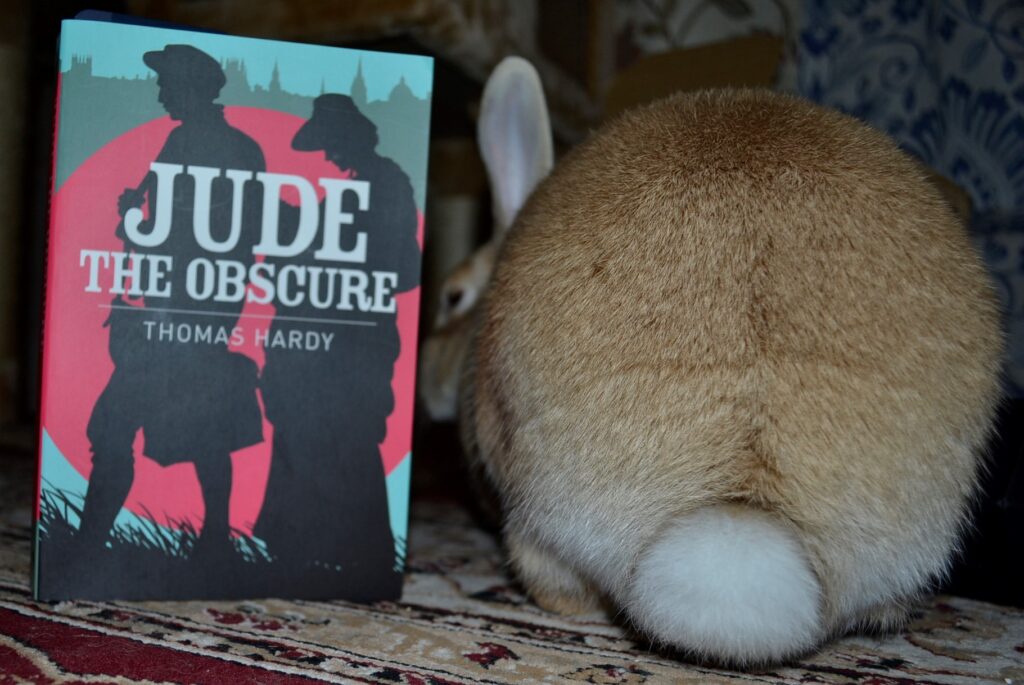
The remark was meant in jest, of course, but here I am so many years later and I hear from my alma mater at least once a year by telephone, we receive a magazine quarterly, and a smattering of letters about programs and fundraisers. Undoubtedly there are days when I look at them and think of them as spam. But there are other days when I flip through the magazine and read the research and work from alumni and feel a little piece of that pride. Because my degree was a lot of work and it changed me forever, but I got through it. And getting through it taught me how to get through a lot.
Jude the Obscene
Thomas Hardy’s Jude the Obscure is a book that got mixed reviews when it was published, one going so far as to call it ‘Jude the Obscene’. What was obscene about it was the discussion of themes and aspects of Victorian life that Victorians were in no way comfortable discussing — including the struggles of the lower classes and their exclusion from even the dream of higher education, the lack of class mobility, sex, sexism, animal cruelty, the destructive power of gossip, bad marriages, and horrible people.
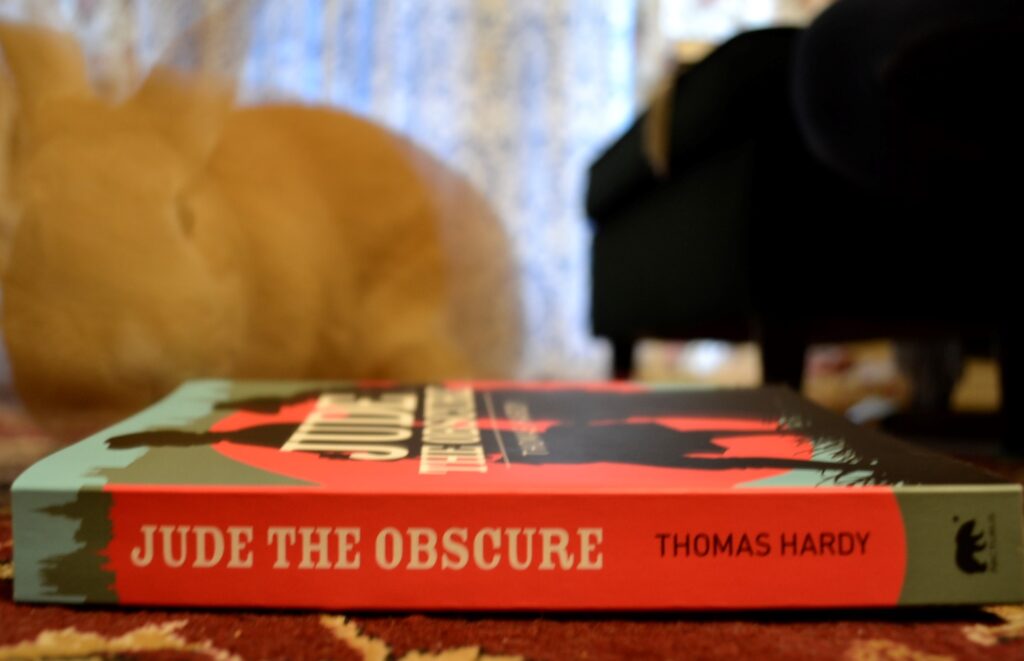
Jude the Obscure is a novel about Jude Fawley, a man who learns to be a mason but spends all of his time studying to be scholar only to realize the impossibility of his dreams — not due to his lack of effort, but due solely to his social class and the prejudices of Victorian academia. Hardy’s writing style is bold, and blunt, and he dares to talk about subjects that would have offended most Victorian sensibilities.
Tragedy after tragedy befalls Jude, some of them due to his own bad choices, but others due to the realities of the station he was born into and his poverty. Jude himself and the environment Jude lives in comes together to drive the narrative from devastation to devastation until his final end.
Belief and Disappointment
I have read the argument that Jude the Obscure is a novel concerned with a cycle of faith and doubt, but I would argue that it actually is more a detailing of several cycles of belief and disappointment. The book opens with Jude’s belief that he can forge a better life for himself. That he can accomplish anything he sets his mind to and leave behind his poor, small-town surroundings and become a scholar at one of the best universities in the country. All he has to do is work hard enough.
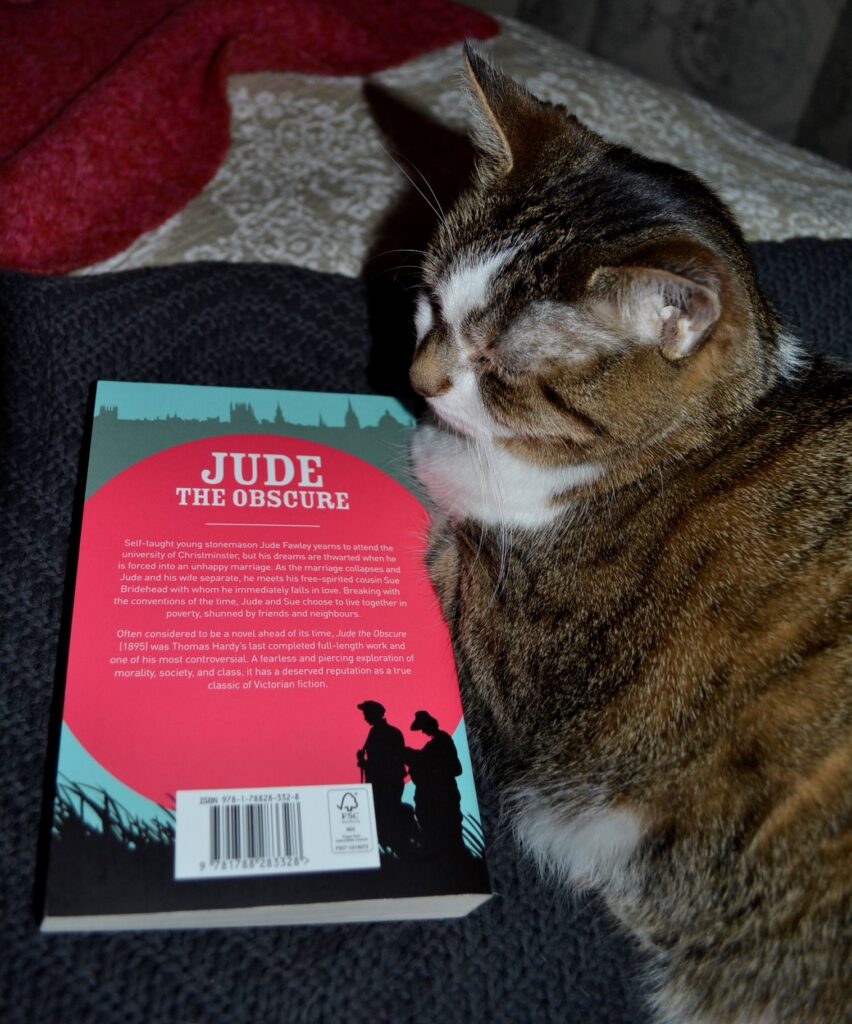
However, when the day comes and he arrives in Christminster — which is clearly a fictional representation of Oxford — he finds that his belief is a false one. On writing to the heads of colleges, he only gets back one response and that response tells him to stop trying to be what he is not. His faith in academia and in his ability to change his fate is irrevocably altered after that, as he realizes that his dreams are impossibly out of reach.
Hardy maintains a similar arch when it comes to Jude’s relationships with other characters. Jude believes them to be what they appear to be or what they say they are, but eventually this belief is continually disappointed. His former schoolteacher that told him about the glories of Christminster and his intentions to better himself is found by Jude many years later to have complacently given up his own dreams. Sue Bridehead is a different person in her notes than she is when in front of him, her thoughts and feelings continually unclear even as she insists that she is forthright.
Hardy paints a very harrowing picture for Jude as he is continually disillusioned and continually faced with the fact that his dreams concerning institutions as well as people are very far from the reality.
Education
Hardy himself struggled with issues of class in the education system, wanting to get out of the working class but not being able to afford the education he wanted in spite of hard work and aptitude. Education can and often still is prohibitively expensive and therefore out of reach for individuals that would make remarkable students, excellent academics, and trailblazers in their chosen fields. Scholarships, bursaries, financial aid, and everything else only go so far and reach a limited number of these individuals.
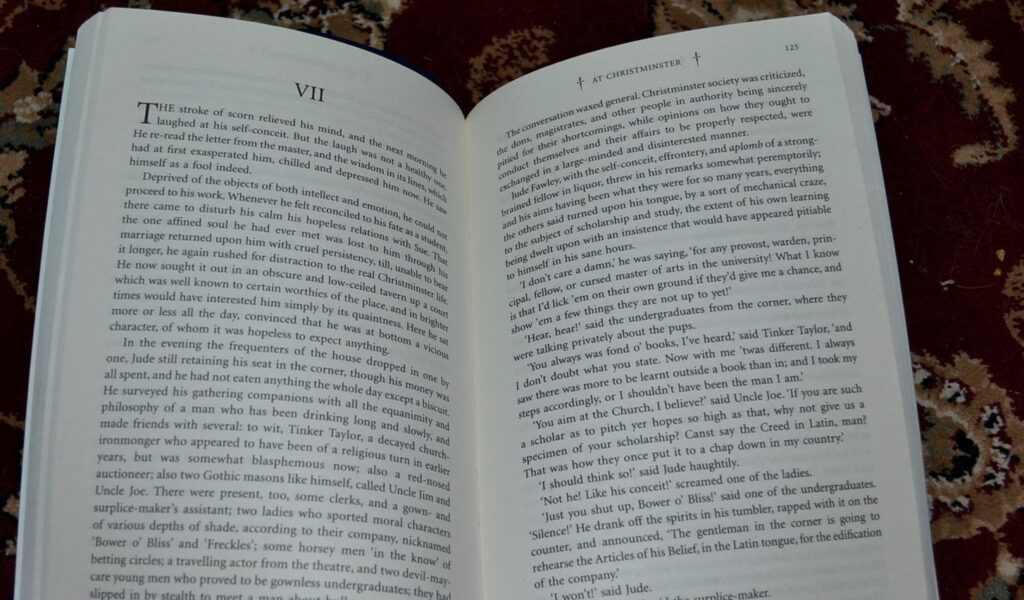
It starkly shows that some problems remain unresolved even after over a century of progress and change. It’s a very frustrating and shocking reality that we need to be less complacent about living in.
When I Look Back
When I look back on my university years, sometimes it’s painful. A lot happened in the course of those four years as I struggled to complete my coursework and at the same time dealt with coping with my mental health. I will forever be grateful for my chance to go to university because, as my mother continually says, ‘Education is never a waste of time.’ That goes for a university degree, college degree, apprenticeship, technical certification, professional experience, or whatever the form education takes.
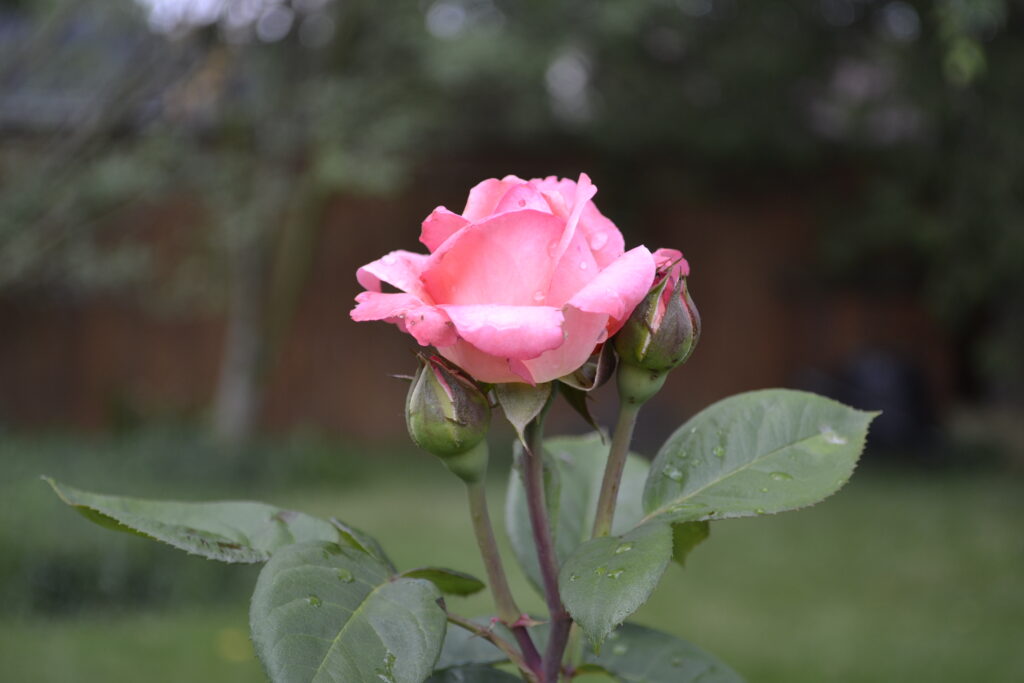
The important thing is to find out who you are and how to think critically. How to cope with stress. How to survive on your own.
The longer I studied and worked in academia the more I developed an affinity for it. For me, it was the best form of post-secondary education. It’s important that each individual is able to both find out which is right for them and be able to pursue it.
